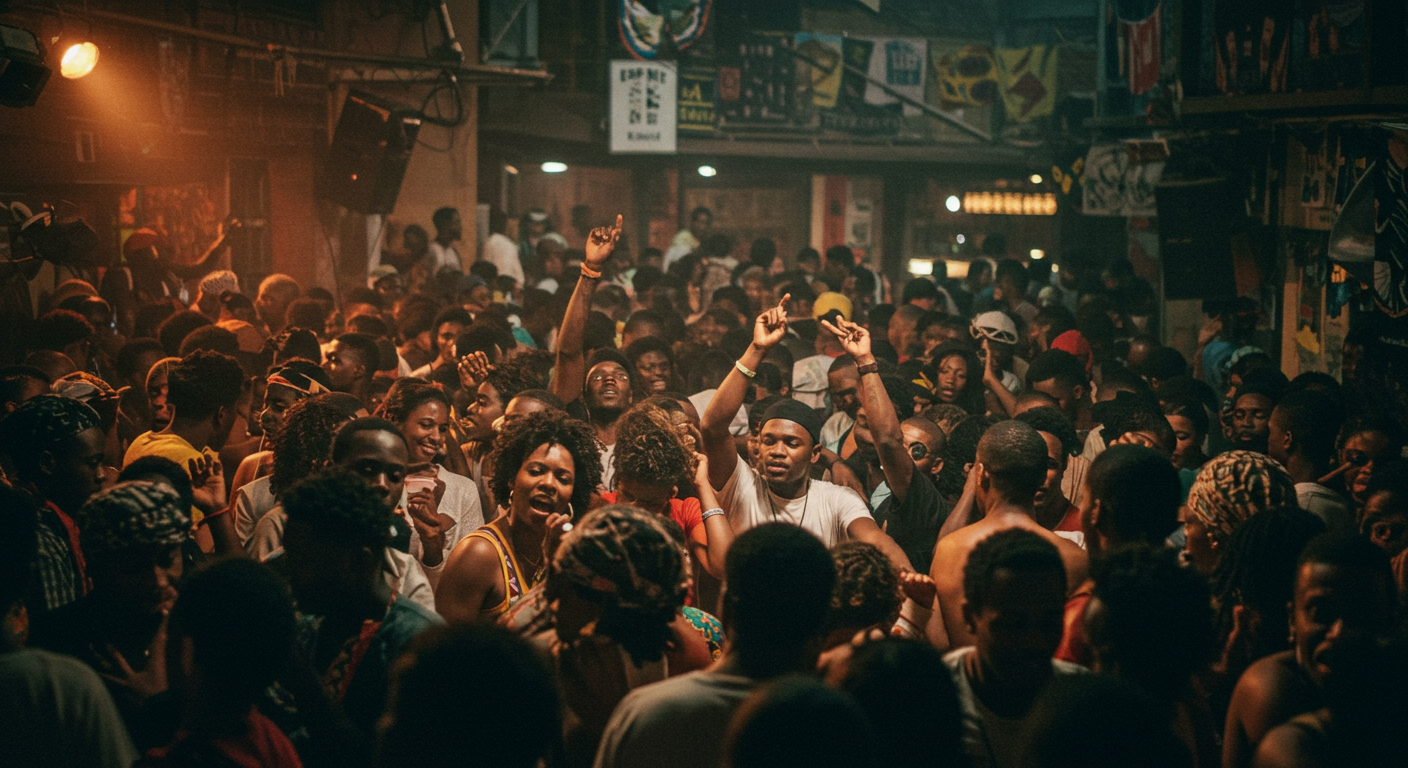When you think of South Africa, you might imagine scenic landscapes, a turbulent political history, or the warmth of Ubuntu. But over the past two decades, another export has been quietly shaking dance floors across the world: South African house music. From smoky township clubs in Soweto to upscale lounges in Berlin and beach festivals in Rio, this genre—rooted in local experience yet global in its resonance—has become an unstoppable force.
This is the story of how South African house music, in its various flavors, has grown from a grassroots phenomenon into a global movement.
The Origins: Township Vibes Meet Global Sounds
House music first made its way into South Africa during the late 1980s and early 1990s via the international club circuit and radio stations. At the time, the country was transitioning out of apartheid, and youth across the nation were eager to embrace new cultural freedoms. House music—with its pulsing rhythms, hypnotic loops, and emotive vocals—resonated deeply.
However, rather than merely imitate the Western sound, South African producers quickly localized the genre. They layered in kwaito elements—spoken chants, township slang, slower tempos—and crafted what would become known as South African house music. Kwaito, which had emerged slightly earlier, was key in shaping this distinctly homegrown sound.
Rise of the Legends: Pioneers Who Defined the Sound
Several artists played crucial roles in taking South African house music from underground parties to mainstream stages:
- DJ Fresh and Oskido helped create and promote Kalawa Jazmee Records, a label that became a cradle for emerging talent.
- Black Coffee, arguably the face of SA house globally, fused deep house with traditional African instruments and melodies, producing rich, emotionally resonant tracks.
- Culoe De Song and DJ Shimza explored Afro-tech and electronic fusion, creating music that transcended language and borders.
Black Coffee’s Grammy win and regular sets at Ibiza clubs like Hï and residencies in New York and London proved that African house could be both authentic and world-class.
Amapiano: The Genre Redefining the Dancefloor
In the 2010s, a new subgenre emerged from Pretoria’s townships—Amapiano, meaning “the pianos” in Zulu. This sound, which blends deep house, jazz-inflected keys, kwaito basslines, and log drum beats, has exploded across Africa and into the global mainstream.
Amapiano’s DIY nature made it perfect for digital virality. Platforms like YouTube, TikTok, and Audiomack gave artists such as:
- Kabza De Small
- DJ Maphorisa
- Focalistic
- Uncle Waffles
- DBN Gogo
…an audience far beyond South Africa’s borders.
Uncle Waffles, for example, went from posting dance clips on Twitter to performing at Coachella. Amapiano dance challenges regularly trend worldwide, giving African youth a powerful sense of global cultural ownership.
Why the World Is Listening
South African house music, and especially Amapiano, has taken off globally for several key reasons:
- Its rhythm is universal – The repetitive grooves and layered beats work well in clubs, gyms, and festivals alike.
- It celebrates black joy and resilience – It’s not just music for escapism; it’s music of endurance and expression.
- It’s highly collaborative – South African producers often work with artists from Nigeria, the UK, and the U.S., creating a fluid sound.
- It’s dance-friendly and digital-first – Platforms like TikTok helped democratize the genre, making it accessible to younger global audiences.
From Soweto to Seoul: Global Collaborations and Festivals
South African house now headlines major music festivals such as Afropunk, Tomorrowland, and MTV Africa Music Awards. International artists like Drake, Major Lazer, and Alicia Keys have drawn inspiration from the genre. Cross-border collaborations are increasing, with artists from Ghana, Kenya, the UK, and even Korea blending Amapiano into their music.
Moreover, global labels and streaming platforms are taking notice, commissioning more African house tracks, curating playlists, and investing in African artists and DJs.
Challenges and the Road Ahead
Despite its growth, South African house music faces challenges:
- Piracy and lack of royalties for producers and vocalists.
- Under-documentation of its cultural roots and key contributors.
- Mainstream gatekeeping, which often overlooks black female DJs and vocalists.
However, collectives, cultural festivals, and grassroots movements are helping to preserve the genre’s integrity and educate the public about its origins and evolution.
The Beat Goes Global, But the Heart Remains Local
South African house music is more than just a genre—it’s a movement. Whether you’re swaying to the soulful melodies of Black Coffee or losing yourself in the high-energy bounce of Amapiano, you're participating in a cultural export born from joy, struggle, and unmatched creativity.
As the world continues to dance to Africa’s beat, South African house music stands as a testament to the continent’s power to influence global culture—one bassline at a time.



